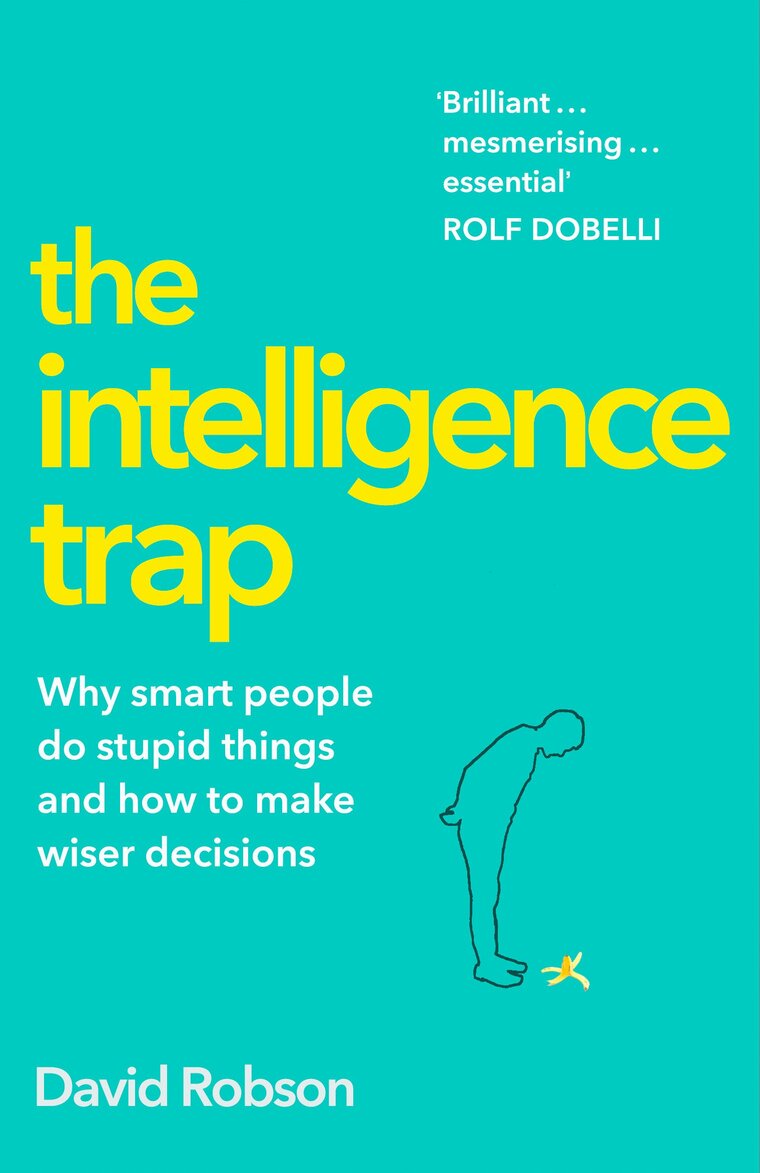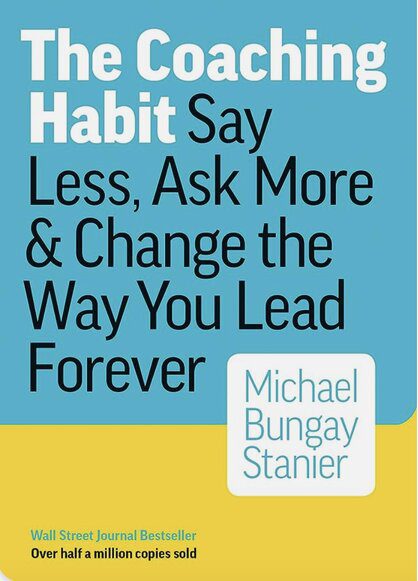Solomon’s Paradox is named after the ancient Israelite king, Solomon’s paradox describes our inability to reason wisely about our own lives, even if we demonstrate good judgement when faced with other people’s problems. 1 Most of us have the tendency to easily activate advice-giving mode instead of genuinely listening, staying curious and asking questions to understand the real issues.
In his book, The Intelligence Trap: Why Smart People Make Dumb Mistakes 1, author David Robson describes why intelligent people act stupidly – and why in some cases they are even more prone to error than the average person. One of the examples that Robson cites to explain the intelligence trap is Solomon’s paradox, which is our tendency to demonstrate good judgment with other people’s problems but find it hard to reason wisely on our problems.
Perhaps the best analogy of intelligence is a car. A faster engine can get you places more quickly if you know how to use it correctly. But simply having more horsepower won’t guarantee that you will arrive at your destination safely. Without the right knowledge and equipment – the brakes, the steering wheel, the speedometer, a compass and a good map – a fast engine may just lead to you driving in circles – or straight into oncoming traffic. And the faster the engine, the more dangerous you are.

According to biblical accounts, God appeared to Solomon in a dream and offered to give him a special gift at the start of his reign. Rather than choosing wealth, honour or longevity, he chose wisdom of judgement. His insight was soon put to the test when two harlots appeared before him, both claiming to be the mother of a boy. Solomon ordered for the child to be cut in two – knowing that the true mother would rather renounce her claim than see her son killed. The decision is often considered the epitome of impartial judgement – and people soon travelled from across the land to receive his counsel. He led the land to riches and built Jerusalem’s Temple.
Yet Solomon is said to have struggled to apply his famously wise judgement in his personal life, which was ruled by intemperate passions. Despite being the chief Jewish priest, for instance, he defied the Torah’s commandments by taking a thousand wives and concubines, and he amassed huge personal wealth. He became a ruthless and greedy tyrant and was so embroiled in his affairs that he neglected to educate his son and prepare him for power. The kingdom ultimately descended into chaos and war.
Like Solomon, many people reason wisely about other people’s dilemmas, but struggle to reason clearly about their own issues, as they become more arrogant in their opinions, and less able to compromise – another form of the bias blind spot.
Self-Distancing
The good news is that we can use Solomon’s Paradox to our advantage by practising a process called ‘self-distancing’. To get a flavour of its power, think of a recent event that made you feel angry. Now ‘take a few steps back’, almost as if you were watching yourself from another part of the room or on a cinema screen, and describe the unfolding situation to yourself.
“Like Solomon, many people reason wisely about other people’s dilemmas, but struggle to reason clearly about their own issues, as they become more arrogant in their opinions, and less able to compromise ”

In his book, The Coaching Habit: Say Less, Ask More & Change the Way You Lead Forever 2, author and speaker Michael Bungay Stanier writes about our natural tendency to give advice instead of listening with curiosity, he calls it the advise monster. He writes
We’ve all got a deeply ingrained habit of slipping into the advice-giver/expert/answer-it/solve-it/fix-it mode. That’s no surprise, of course. When you take the premium that your organization places on answers and certainty, then blend in the increased sense of overwhelm and uncertainty and anxiety that many of us feel as our jobs and lives become more complex, and then realize that our brains are wired to have a strong preference for clarity and certainty, it’s no wonder that we like to give advice. Even if it’s the wrong advice—and it often is—giving it feels more comfortable than the ambiguity of asking a question.
“A much-quoted 1984 study by Howard Beckman and Richard Frankel found that the average time to interruption for doctors was eighteen seconds.”
Meditation
- Daily Calm with Tamara Levitt – The Positivity Trap
- From the path of self-improvement, we risk getting caught in the trap of positivity. Our culture is full of assurances about the importance of optimism in abundance are books, slogans, and catchphrases. We all have this belief that if we just think positively enough, and visualize hard enough; all we desire will appear. Through sheer positivity, we would meet our soul mates, manifest our fortune and find an open spot in a parked parking lot.
- There is nothing wrong with big dreams and an optimistic outlook. But positivity alone has its limits, no matter how wide our smiles are, some things do not go as planned. There will be joy in this life but there will also be suffering. When we pour every ounce of positive thinking into a specific outcome, even a small curve ball can leave us shocked.
I always like to look on the optimistic side of life, but I am realistic enough to know that life is a complex matter. – Walt Disney
- Daily Jay With Shetty – Shades of Gray
- Splitting occurs when we can’t accept that both positive and negative qualities exist at the same time, so we pick a side and commit to it. We tend to think in black and white for two reasons: it can be as a defence mechanism and to simplify complexity.
- While binary thinking can simplify, it can also destroy. We categorize people and things into stereotypes and we act based on our assumptions rather than reality which only further divides us. The reality is that nothing is objectively and completely good or bad.
Every saint has a past, and every sinner has a future. – Oscar Wilde
- How do we add more nuance to our lives, it starts by accepting ambivalence. You can and will feel contradicting feelings at the same time. It is okay to acknowledge both, Noting is a way to detach from your experience and view it with clarity and composure. It can help train your mind to avoid rushing into judgment or analysis. Ans instead to see things as they truly are.
Podcast
- When a robot cooks your lunch with Steve Ells of Chipotle and Kernel | How I Built This with Guy Raz
All the best in your quest to get better. Don’t Settle: Live with Passion.



Comments are closed.